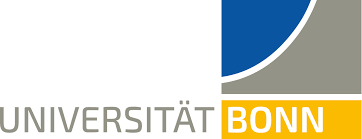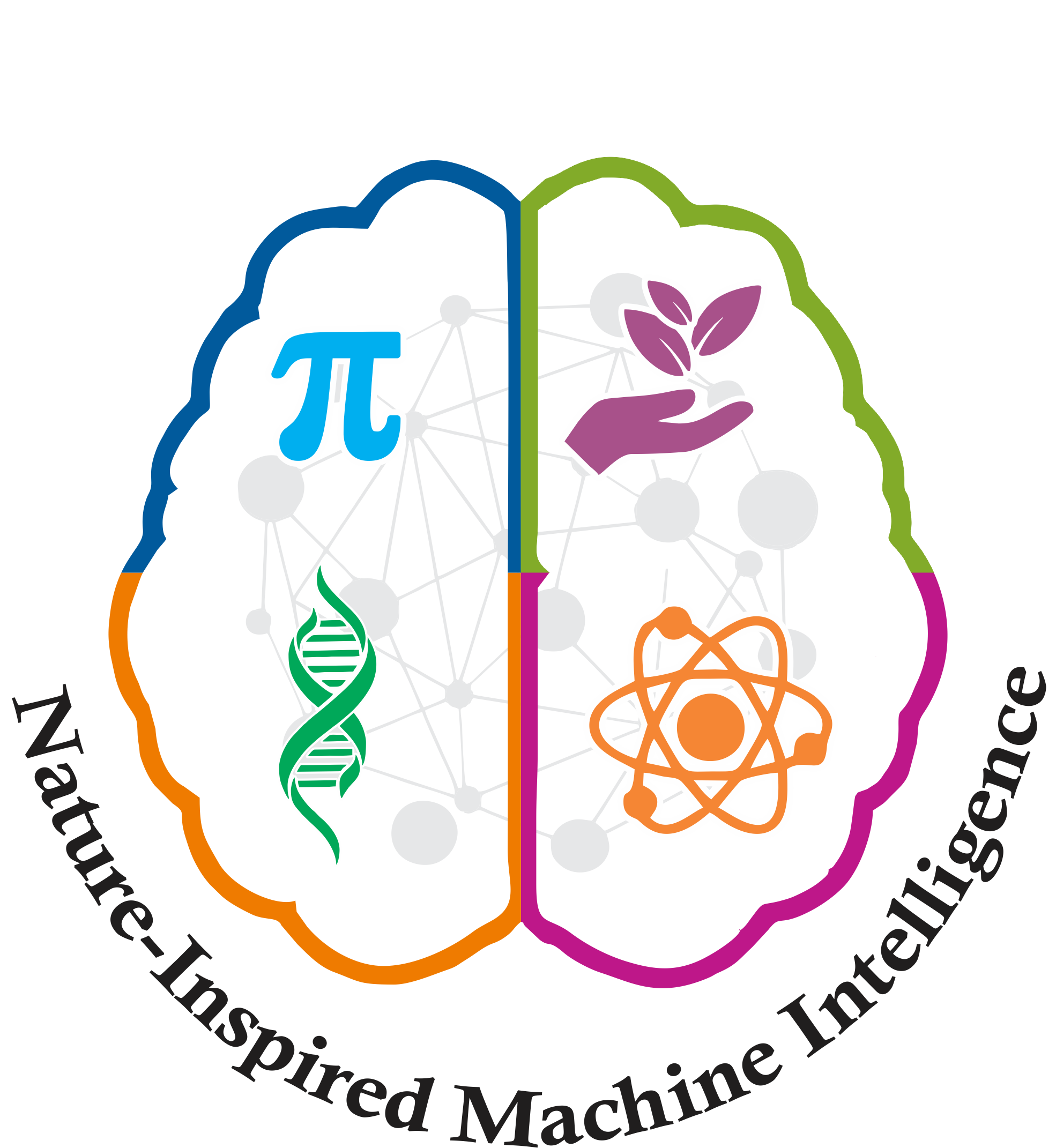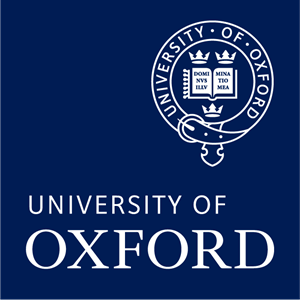The workshop ‘Knowledge Representation & Representation Learning (KR4L)’ will be held in conjunction with the 24th European Conference on Artificial Intelligence (ECAI 2020). There currently is a perceived disconnect between the areas of Representation Learning (RL) and Knowledge Representation and Reasoning (KRR). Most of the research is currently concentrated on one area or the other, yet arguably representation learning is central to make use of knowledge representation and reasoning techniques in modern, scalable AI applications. This is particularly the case, but not restricted to, the area of Knowledge Graphs. We welcome submission of research contributions.
Event Link:
- Please use the following link to join us (no password is needed): JOIN VIA ZOOM
Call for Topics:
- Statistical Relational Learning
- Symbolic Learning and Reasoning
- Expressive Knowledge Representation
- Integrating Learning and Reasoning
- Structured Learning for Data Management
- AI Methods in Inductive Logic Programming
- Knowledge Representations for Learning
- Scalable Reasoning over Big data
- Relational Learning in Ontology-based Query Answering (OBQA)
- Learning of Probabilistic Models
- Logic and Learning
- Reasoning-based approaches for Representation Learning
- Learning Knowledge Representations
- Multi-modal Knowledge Graph Embedding
- Temporal Knowledge Graph Embedding
- Neural Network for KGs
- Knowledge Graphs for Cognitive Science
- Rules for Knowledge Graphs
- Reasoning over Big Data with ML-based Approaches
- Knowledge Graph Refinement
- In-Database Machine Learning and Representation Learning
- Database and Data Management Approaches to Representation Learning
- Reasoning on Incomplete, Inconsistent and Uncertain Data
- Quantum Computing for Scalable Representation Learning
- Ethical Aspects of Representation Learning and KRR
Important Dates:
- Submission Deadline: 20 June
- Author notification: 30 June 2020
- Workshops day: 4 September 2020
Senior Committee:
- Georg Gottlob, Computer Science Department, Information System, University of Oxford and TU wien
- Jens Lehmann, Fraunhofer IAIS, Germany, and Smart Data Analytics (SDA), Computer Science Institute at the University of Bonn, Germany
Organizers:
- Emanuel Sallinger, Computer Science Department, Information System, University of Oxford and TU Wien
- Sahar Vahdati, Computer Science Department, Information System, University of Oxford
- Mojtaba Nayyeri, Smart Data Analytics (SDA), Computer Science Institute at the University of Bonn, Germany
Publicity Chair:
- Lianlong Wu, Computer Science Department, Information System, University of Oxford
Program:
Session 1:
| 12:00 - 12:15 | Plenary Talk and Opening | Emanuel Sallinger, TU Wien and University of Oxford |
| 12:15 - 12:30 | Paper Presentation | Traversing Knowledge Graphs with Good Old (and New) Joins |
| 12:30 - 12:45 | Paper Presentation | Cluster Discovery from Sensor Data Incorporating Expert Knowledge |
| 12:45 - 13:00 | Panel Discussion 1 | Emerging Topics in Academia and Industry |
Session 2:
| 13:15-13:30 | Invited Talk | Adriano Vlad, University of Oxford |
| 13:30-13:45 | Paper Presentation | The Effect of Rule Injection in Leakage Free Dataset |
| 13:45-14:00 | Paper Presentation | A Performance Strategy: Multiple Slices of a KGE Model in Low Dimensions |
Session 3:
| 14:15-14:30 | Paper Presentation | Blockchains as Knowledge Graphs–Blockchains for Knowledge Graphs (Vision Paper) |
| 14:30-14:45 | Paper Presentation | An Evolutionary Algorithm for Rule Learning over Knowledge Graphs |
| 14:45-15:00 | Panel Discussion 2 and Closing | Future Directions - Looking Ahead |
Submissions:
All papers must represent unpublished work that is not currently under review. Papers will be evaluated according to their significance, originality, technical content, style, clarity, and relevance to the workshop. Papers have to be submitted through EasyChair
Paper Type:
KR4L welcomes the submission of research results and application papers dealing with the aforementioned topics. We encourage theoretical, methodological, empirical and applications papers. We appreciate the submission of papers incorporating links to datasets and other material used for evaluation as well as to live demos and software source code. We invite four kinds of submissions: full research papers (minimum 8 pages, maximum 12 pages) position papers (minimum 4 pages, maximum 6 pages) demo/poster papers (minimum 4 pages, maximum 6 pages) All the aforementioned limits include references.
Submission Template:
Authors are required to follow the LNCS template
Accepted papers will be published at ceur-ws
Programme Committee of KR4L
- Parsa Bagherzadeh, Concordia University, Canada
- Huajun Chen, University of Zhejiang, China
- Jiaoyan Chen, University of Oxford, UK
- Reza Izanloo, Ferdowsi University of Mashhad, Iran
- Ernesto Jimenez-Ruiz, City University of London, UK
- Markus Nissl, TU Wien, Austria
- Majid Mohammadi, Delft University of Technology, Netherlands
- Guilin Qi, University of Zhejiang, China
- Evgeny Sherkhonov, University of Oxford, UK
- Chengjin Xu, University of Bonn
- Yadollah Yaghoobzadeh, Microsoft, USA





